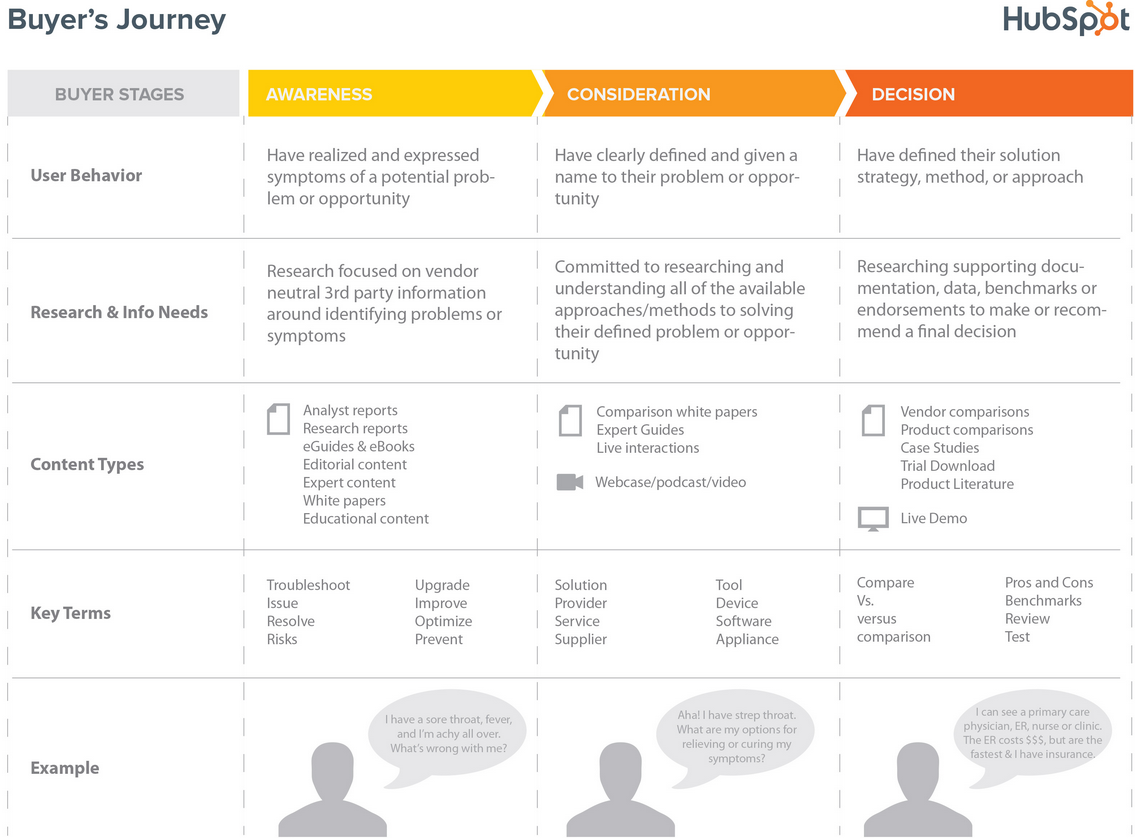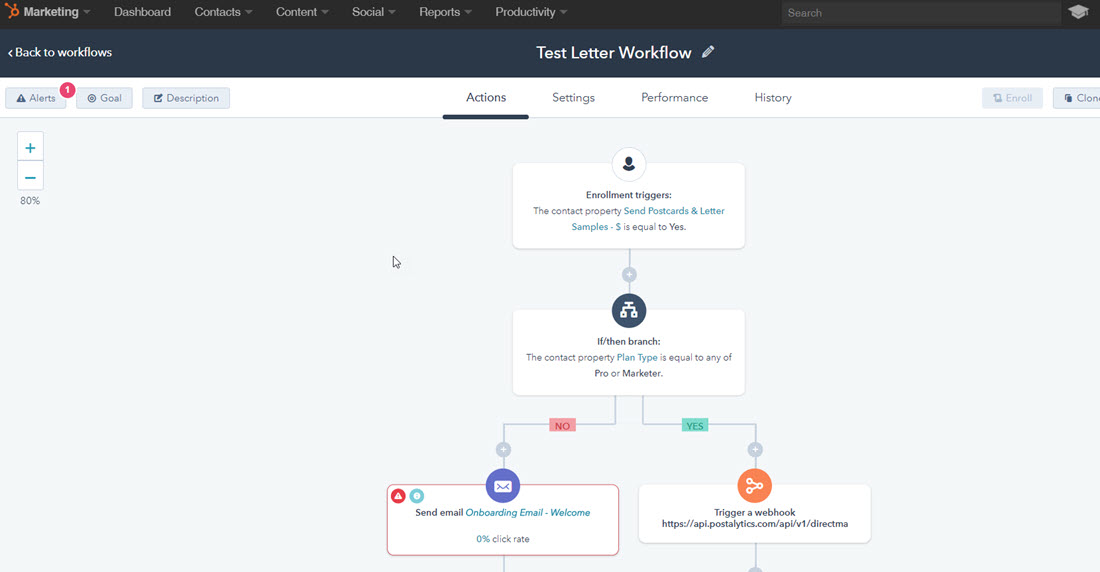As an aspiring or experienced marketer interested in digital marketing, you may have clicked on this article due to the mention of "marketing automation".
In order to understand the pros and cons of marketing automation, it is essential to comprehend what digital marketing entails.
Digital marketing, as defined by Wikipedia, is the use of online advertising through devices like web browsers, smartphones, and games to promote and sell products or services to customers. It offers a wide range of channels, such as email, social network services, search engines, websites, and internet communities, for marketers to engage in activities that aim to convert potential customers into loyal ones.
Benefits of Marketing Automation for marketers
With the increasing popularity of digital marketing, it has become difficult to create content that is suitable for the different channels. Marketing automation helps to lessen the burden of converting strangers into loyal customers by allowing marketers to manage multiple channels and distribute content based on the buyer's journey.

HubSpot, the world's largest customer-based marketing automation software, can create and manage web pages, landing pages, blogs, and social networks. It is linked to CRM, which allows marketers to understand how customers react to their content and set reasonable marketing goals and KPIs.
HubSpot's marketing automation is a powerful tool that comes with various features. One such feature is the 'Workflow' feature that allows marketers to design marketing content and campaigns with automation logic. Another important feature is the 'Task' feature, which enables teamwork and collaboration. The tool can help marketers reach their goals and drive business growth.

Drawbacks of Marketing Automation for marketers
While marketing automation has its benefits for marketers in the digital marketing realm, it also comes with its fair share of drawbacks.
One of the main challenges of marketing automation is the potential loss of personalization and human touch. Automated marketing campaigns rely on pre-set rules and algorithms, which may not always be able to fully understand and cater to the unique needs and preferences of individual customers. This can lead to generic and impersonalized messaging, which may fail to resonate with the target audience. Additionally, marketing automation requires a significant investment in time and resources to set up and maintain. Marketers need to invest time in designing and implementing workflows, creating content, and monitoring and analyzing campaign performance.
Furthermore, there is a risk of over-automation, where marketers rely too heavily on automation and neglect the importance of human intuition and creativity in marketing strategies. It's important for marketers to strike a balance between automation and human touch to ensure that their campaigns are effective and engaging.
However, it's crucial to note that marketing automation is not a solution to all marketing problems. It's only a tool that requires diligent use and careful consideration of its limitations.
No Comments Yet
Let us know what you think